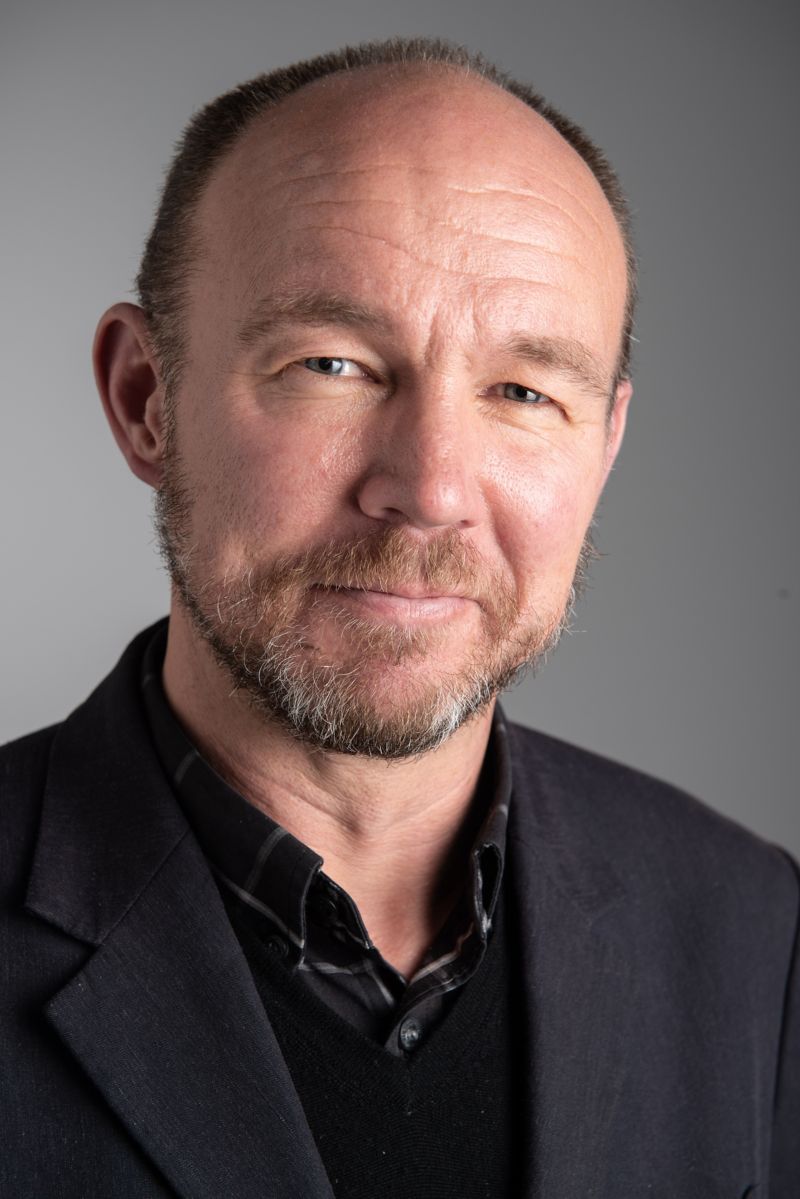It is an internationally renowned site for innovation and diversity in contemporary art, craft, photography and sound. Founded on a deep commitment to praxis, alternative ways of knowing and the role of art in global society, it aspires to achieve real and lasting impact.
RMIT University is ranked #1 in Australia and #18 in the world for Art and Design (2024 QS Rankings) placing the School of Art in the top echelon of the world’s art and photographic educational institutions.
As a seedbed for emerging artists, the School focuses on instilling sustainable self-belief and confidence in the next generation of Australian and international arts practitioners. It promotes a studio culture of making through arts practices that are self-reflective and are informed through critical enquiry and research.
Set in the centre of Melbourne, Australia’s cultural capital and consistently rated as the most liveable city in the world. Located on the traditional lands of the Wurundjeri people, the School enjoys a 130-year history of graduating artists, photographers and craftspeople with skilled hands and cultivated minds ready for both life and work.
The School attracts students, staff and researchers from Australia and across the globe with a large cohort from the Indian-Pacific region. A highlight of the School's international reach is its ongoing partnership with the Hong Kong Art School, that has developed over more than a decade. The schools, teaching collaboratively, have offered the Bachelor of Arts (Fine Art) and Master of Fine Art programs in Hong Kong since 1998.
Building on these experiences and strengths, agreements are also in place with East China Normal University (ECNU) for Masters by Coursework programs in Public Art and Arts Management, allowing students to study in both China and Melbourne and be awarded degrees from both institutions. National awards, supporting our students to study in Japan and Kathmandu, with numerous European and American partnerships.
The School supports teaching and research programs, artists-in-residence, galleries, public programs, international conferences, student and staff exchange, study tours and publishing — all with a strong inclination to community engagement and social transformation.
Contemporary Art and Social Transformation (CAST) is the School's core research group. CAST leads collaborative socially-engaged artistic projects in fields including public art, creative care and art and ecology, with a particular interest in how artistic practices intersect with issues of equity, access and democracy.
Professor Kit Wise
Dean, School of Art

Location: Melbourne City campus, Building 24, Level 1, Room 3
Address: 124 La Trobe Street, Melbourne
Phone: Call +61 3 9925 5000 and select the option to 'Speak to your School' then 'College of Design and Social Context'.
School of Art
RMIT University
GPO Box 2476
Melbourne 3001 Australia
The School of Art is led by experienced, creative and celebrated professionals and academics, with projects spanning fine art, public art, photography and more.
Image credits


RMIT University acknowledges the people of the Woi wurrung and Boon wurrung language groups of the eastern Kulin Nation on whose unceded lands we conduct the business of the University. RMIT University respectfully acknowledges their Ancestors and Elders, past and present. RMIT also acknowledges the Traditional Custodians and their Ancestors of the lands and waters across Australia where we conduct our business - Artwork 'Sentient' by Hollie Johnson, Gunaikurnai and Monero Ngarigo.
Learn more about our commitment to Indigenous cultures